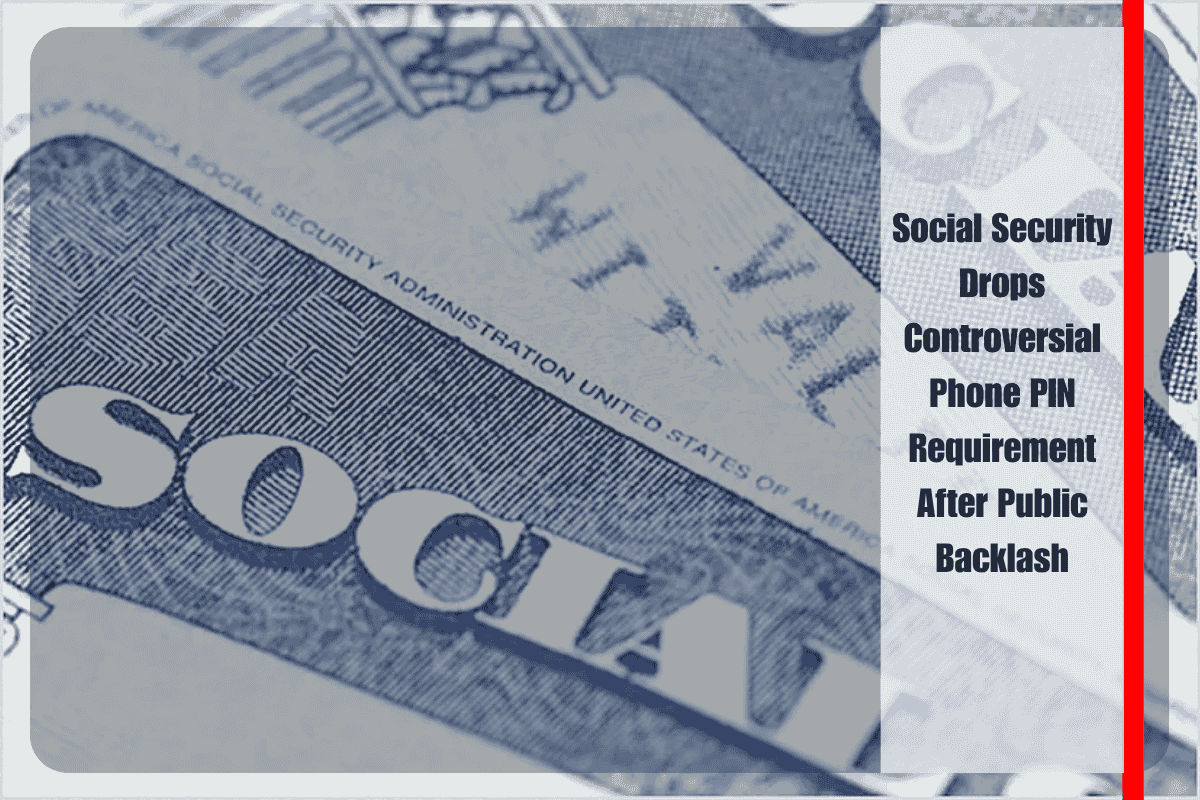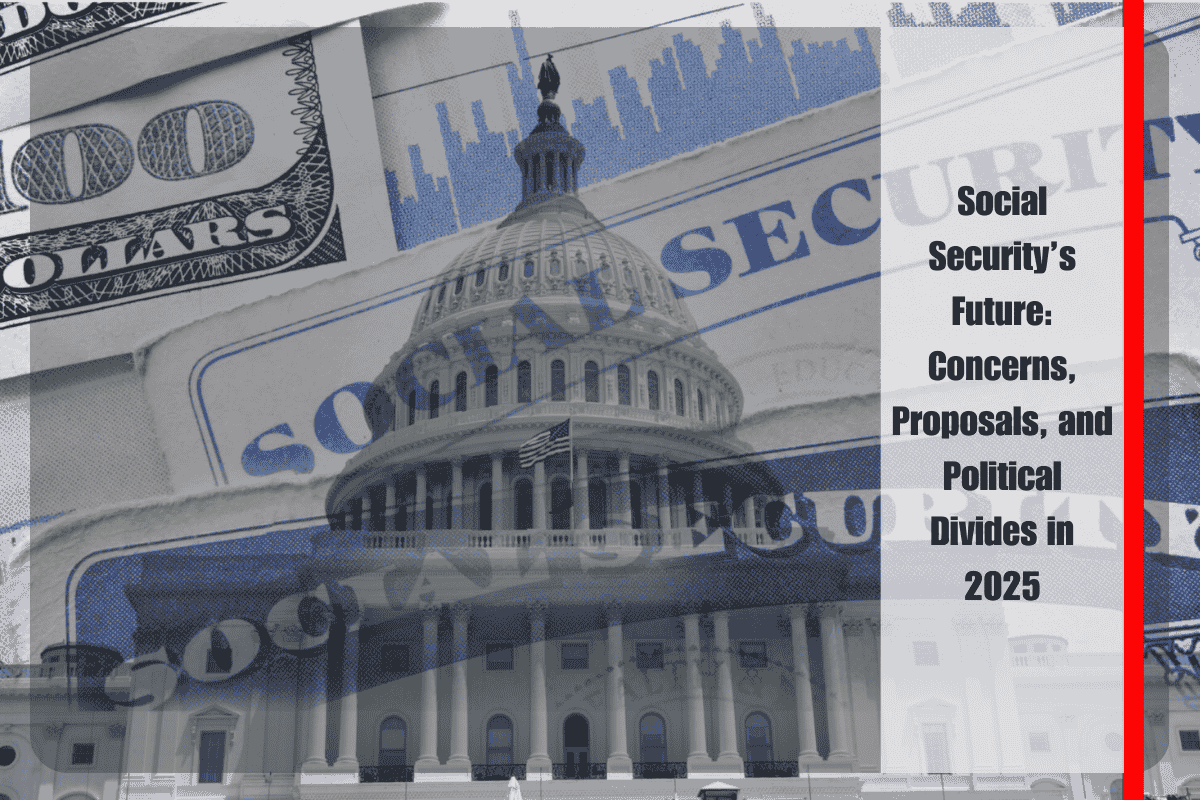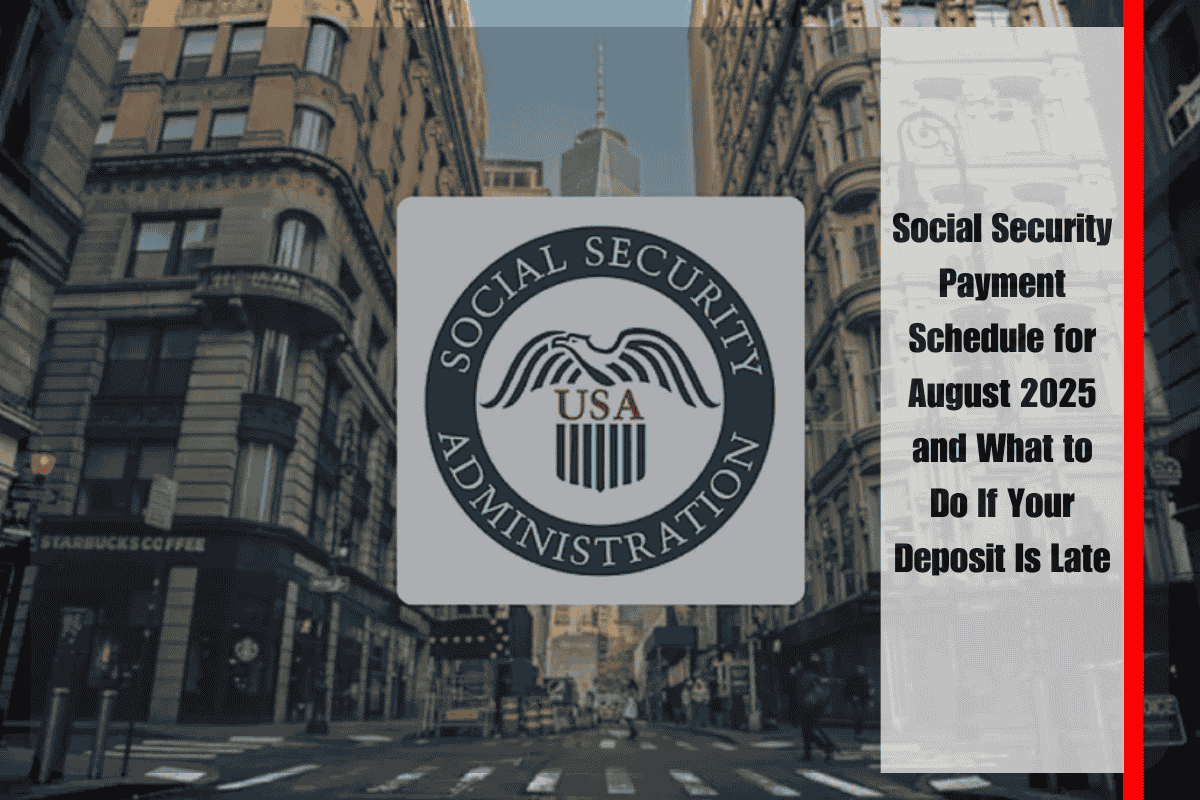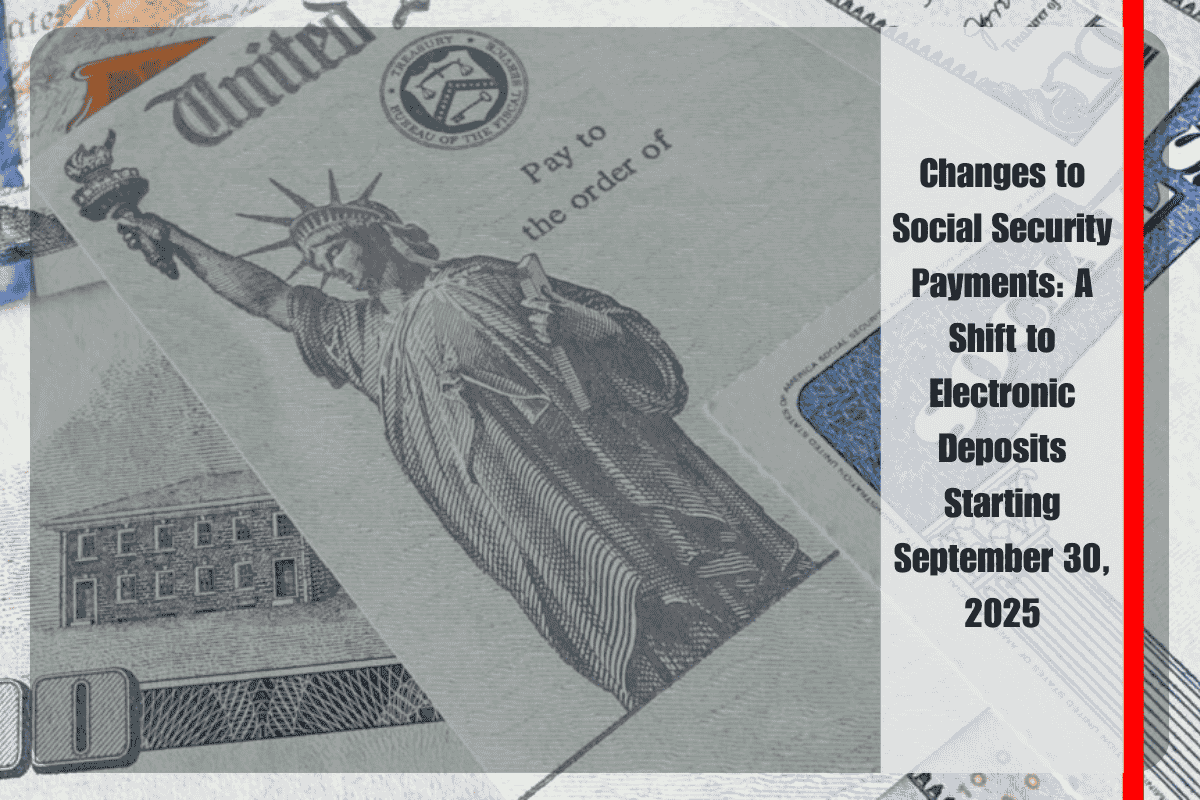The Social Security Administration (SSA) has officially backed down from a controversial plan that would have required callers to verify their identity using a one-time Security Authentication PIN (SAP) starting in August 2025. This proposed rule would have impacted millions of Americans, particularly retirees, people with disabilities, and those without reliable internet access.
Initially, the SSA planned to make this PIN system mandatory for anyone calling the national Social Security phone line to update personal information, check benefit status, or request forms. To use the PIN, callers would have had to log into their “my Social Security” online account and retrieve a one-time code before calling. The agency said the purpose was to improve identity protection and speed up service times.
However, the policy sparked immediate criticism from major advocacy groups, including AARP and the Center on Budget and Policy Priorities, who raised strong concerns about the real-world impact of such a change. These groups argued that the new system would likely exclude vulnerable individuals—especially older adults, rural residents, and those with disabilities—who may struggle with internet access or navigating the online platform.
According to SSA estimates, the proposed requirement could have led to over three million extra in-person visits to already overloaded Social Security offices each year. These offices are already struggling with staff shortages and long wait times, and the increase in foot traffic would have put even more pressure on the system.
Facing increasing backlash, the SSA announced in late July 2025 that the PIN requirement would no longer be mandatory. In a statement shared by Nextgov, an SSA spokesperson confirmed, “The policy is being updated to clarify that the PIN feature is optional.” This means callers can still verify their identity using existing phone verification methods, without needing to go online first.
This decision has been welcomed by many older Americans who feared that the new system would make accessing basic Social Security services much more difficult. In rural communities with limited internet coverage, or for individuals who lack computer skills or assistive technology, the shift to digital-only access could have caused unnecessary hardship.
Instead of enforcing the SAP requirement, the SSA now encourages callers who do have online access to use the one-time PIN voluntarily. According to the agency, using the SAP can save about three minutes per call, but it remains only one of several identity verification options.
The move marks yet another example of the SSA trying to modernize its systems while still balancing the need for accessibility and fairness. Earlier in 2025, the agency made online identity verification mandatory for more sensitive tasks, such as changing direct deposit information or applying for benefits. Even then, exceptions were made for Supplemental Security Income (SSI) recipients and some Medicare enrollees.
By keeping the SAP optional, the SSA is aiming to improve security without closing the door on people who may not have the resources to use digital tools effectively.
The policy change is expected to reduce public confusion and help maintain smoother access to vital services for the millions of Americans who rely on Social Security programs every month.












